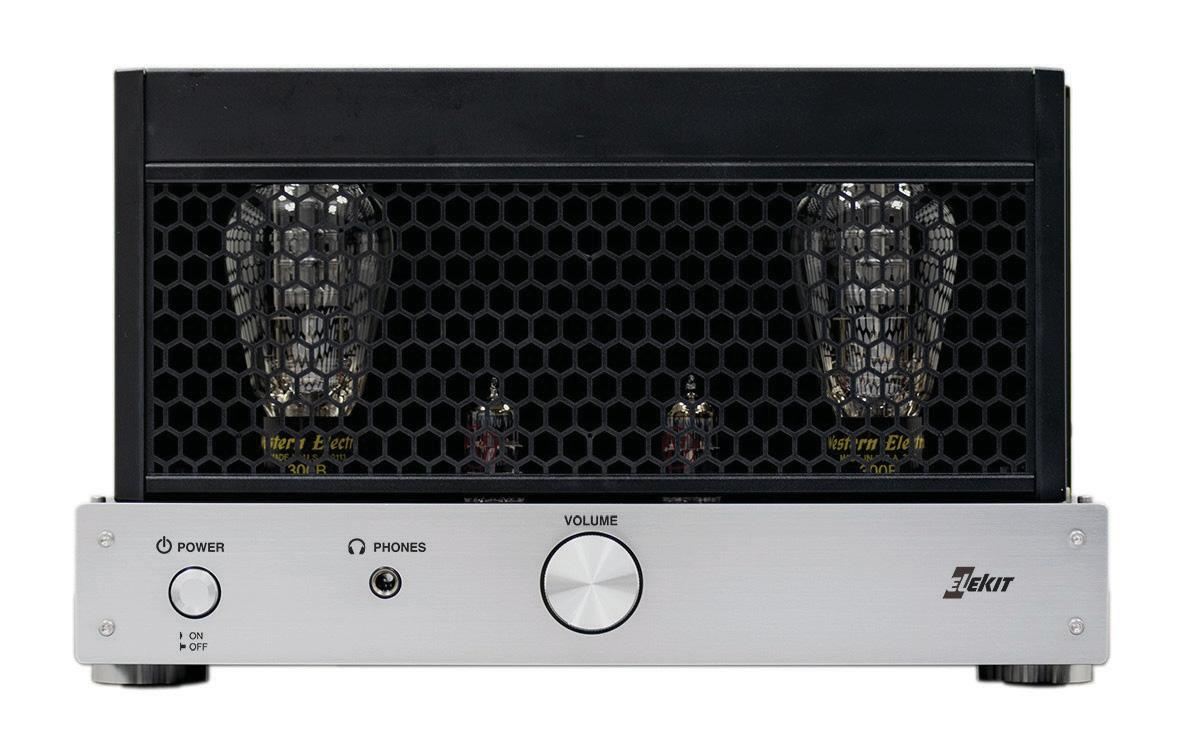
I was listening through the most compelling sound system I had assembled since I started writing for Stereophile. The dCS Bartók DAC/streamer was funneling the harmonic purity and hypnomagik of Odile Renault on flute and Elodie Reibaud on harp into HoloAudio's appropriately named Serene preamp, which was feeding Elekit's TU-8900 300B/2A3 kit amplifier, which was sending a few of its triode-tube watts to the TAD's $32,500/pair Compact Evolution One monitors, more compactly known as the TAD CE1TX. I reviewed these three-way standmount speakers last month, finding them to be the most exciting, accurate-sounding, well-engineered speakers I've encountered.
What was unique about this system was not how it sounded but how easily it enabled diverse forms of music to summon reverie and affect my state of mind-how it made rhythms linger in my head after the music stopped.
My review was finished, and I knew the TADS were leaving tomorrow, so I figured that day would be best spent bathing in the completely crazy fantasticness of an 8W, relatively inexpensive, made-in-Japan kit amp(!) driving a 4 ohm, 85dB-sensitive, also-made-in-Japan box speaker of the highest pedigree.
Well-recorded compositions for flute and harp leave no place for dry-sounding feedback amps or dull-sounding box speakers to hide. Both instruments' harmonics must be fully exposed. For these high-energy instruments to have a touchable vibratory presence, a system's upper octaves need to be information-rich, pure, extended, and harmonically complete. Somehow, on that day, that Elekit-TAD combo was doing what felt like a perfect job of being pure and harmonically complete.
この記事は Stereophile の July 2023 版に掲載されています。
7 日間の Magzter GOLD 無料トライアルを開始して、何千もの厳選されたプレミアム ストーリー、9,000 以上の雑誌や新聞にアクセスしてください。
すでに購読者です ? サインイン
この記事は Stereophile の July 2023 版に掲載されています。
7 日間の Magzter GOLD 無料トライアルを開始して、何千もの厳選されたプレミアム ストーリー、9,000 以上の雑誌や新聞にアクセスしてください。
すでに購読者です? サインイン
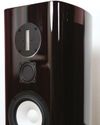
Philharmonic Audio BMR Monitor
Let's get this out of the way: The BMR Monitor may be a monitor, but it isn't a bookshelf or desktop speaker any more than a yacht is a dinghy.
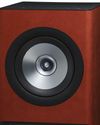
Technics SC-CX700 ACTIVE LOUDSPEAKER
The usual Specifications box (below) is a nuts-and-bolts listing of the electrical and physical properties of the Technics SC-CX700 loudspeaker, who made it and where, and a widely varying amount of information about their electrical and acoustical performance. The information comes from the included literature, available downloads, and whatever I could find on the manufacturer's website.

Youth movement
Paul Klipsch was a genius,” Roy Delgado told me recently, with the sound of genuine amazement in his voice. “Me, I’m just a tinkerer.”
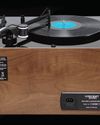
The Loricraft PRC6i record cleaning machine and the WallySkater v2.1 Pro
In my last Spin Doctor column, I gave an overview of my experiences cleaning records over the last 50-plus years and the advances in record cleaning technology over that time. My review of the HumminGuru NOVA ultrasonic record cleaner focused on that increasingly popular approach to record cleaning, using ultrasonic cavitation instead of scrubbing the record with a brush. But if there’s one thing I’ve learned in that half-century of playing around with audio gear, it’s that it can be a mistake to embrace a new technology just because of its newness, dismissing what came before as obsolete. The vinyl record itself is a good example of a technology discarded as obsolete, then embraced again by new (and old) generations. You can add vacuum-tube amplifiers, analog tape, and much else in our hobby to that list.
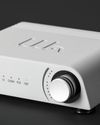
Wattson Audio Madison LE Streamer
After it was delivered, I weighed the box containing Wattson Audio's DAC-equipped Madison LE Streamer on my bathroom scale.
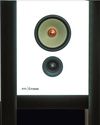
Grimm Audio LS1c ACTIVE LOUDSPEAKER SYSTEM
It's not unusual for audiophiles to have fond childhood recollections of the old family stereo, but Eelco Grimm's memory of his dad's audio system probably stands alone.

Cambridge EXN100 STREAMING D/A PROCESSOR
Each soloist seemed to pop out to the front, between the two speakers (of course), their life force emerging over decades, grooves, and digital bits.
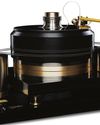
J.Sikora Standard Max Supreme, KV9 Max Zirconium
In his review of the J.Sikora Initial turntable, Stereophile's resident artist/sage Herb Reichert wrote, \"Extended bathing, lighting candles, making tea, and preparing food are ritual work forms that prepare my senses to accept both pleasure and illumination.\"
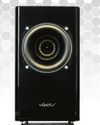
The Voxativ Hagen2 Monitor loudspeaker
I think I just found the perfect Herb speaker. It uses a hand-crafted 5\" wide-range driver with a cone made from Japanese calligraphy paper. It rolls off around 50Hz at the bottom and 30kHz at the top. It has no crossover. Its cabinet is made of MDF that responds loudly when I tap it with my fingernails. Inside is what its designer calls a “short horn,” which appears to harmlessly disperse back-cone energy while adding energy below the driver’s cutoff frequency. Mainly, though, it’s a perfect Herb speaker because it is naturally phase coherent. And sparkplug fast. And completely unmuffled.

The Beatles in Mono according to Kevin
It's almost too easy to make Dave Dexter Jr. the villain in the story of the Beatles' fumbled introduction to America.